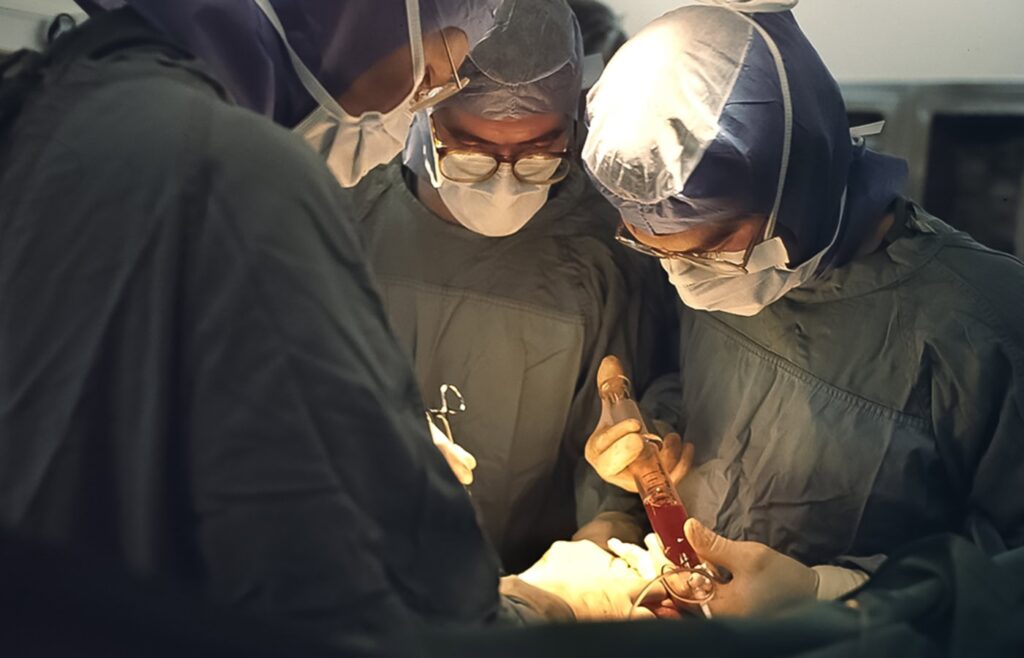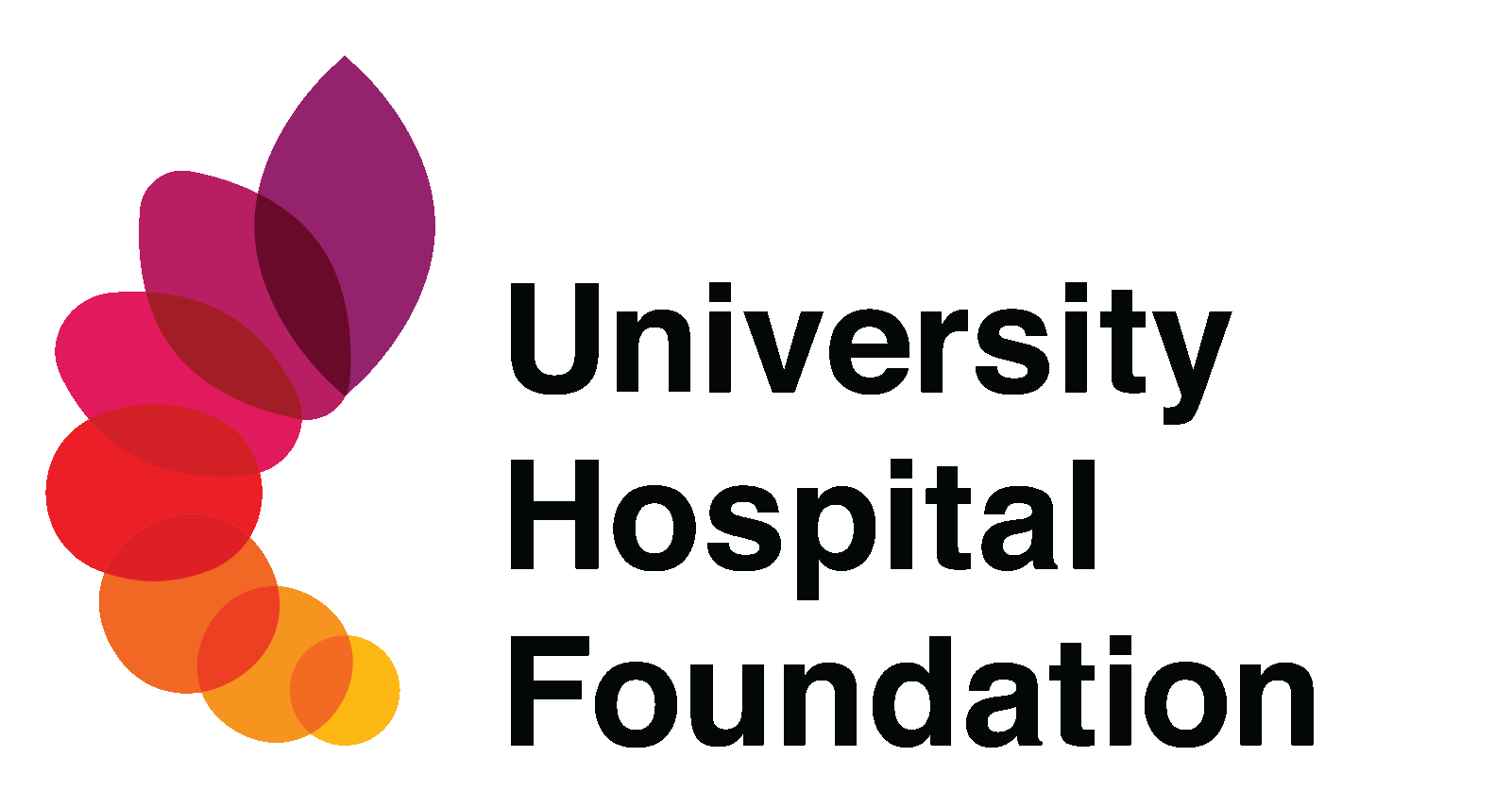Image provided by the University of Alberta Faculty of Medicine and Dentistry. Photo by Richard Siemens.
Ending the Cycle of Diabetes
Bold Steps Are Being Taken Toward Ending Type 1 Diabetes
Dr. James Shapiro and his team at the University of Alberta are working on a groundbreaking approach to treat — and potentially cure — Type 1 diabetes.
Instead of relying on donated organs or daily insulin injections, their research focuses on transforming a patient’s own blood cells into insulin-producing cells that can be transplanted back into their body.
This method could eliminate the need for anti-rejection drugs, which currently pose serious health risks. It builds on Nobel Prize-winning science that allows ordinary cells to be “reprogrammed” into stem cells, which can then become any type of cell — in this case, ones that make insulin.
Shapiro’s early experiments in mice are showing promise, and the team is working toward human clinical trials. If successful, this could mean a future where people with diabetes live free of needles, side effects, and complications — a leap as revolutionary as the discovery of insulin itself.

Image provided by the University of Alberta Faculty of Medicine and Dentistry. Photo by Richard Siemens.
Living Proof

“Now I don’t have to worry about my insulin at all. It’s amazing. And the new research that would eliminate the anti-rejection drugs is even better. Absolutely incredible.”
At 11, Jennifer Coleman was riding horses every weekend in Ponoka, living for time at the stables. But everything changed when, at work one day, she became violently ill. Doctors discovered she had Type 1 diabetes — a diagnosis she’d never even heard of.
Living with diabetes in the 1970s meant constant monitoring with urine tests and strict planning. “Nothing was spontaneous,” Jennifer recalls. Her blood sugar levels would crash without warning, especially at night, sometimes so severely that her husband had to wake her up and give her juice to keep her safe.
In 2018, Jennifer learned about a new diabetes treatment being studied at the University of Alberta: the Edmonton Protocol, developed by Dr. James Shapiro. It involved transplanting insulin-producing cells from a donor pancreas. She qualified — and underwent the procedure that spring.
“The scariest thing was when Dr. Shapiro told me I could stop taking insulin,” she said. “But I did — and it’s been smooth sailing ever since.”
Now, Shapiro and his team are developing an even more advanced therapy: turning a patient’s own blood cells into insulin-producing cells, eliminating the need for anti-rejection drugs. For Jennifer, who once lived in fear of diabetes, the research is nothing short of life changing.
Ever Wondered Who Benefits from Your Generosity?
Through the generosity of our donors, we can inspire, connect, and empower world-class hospitals, doctors, researchers, and clinicians to realize the critical treatments, cures, and possibilities that help change save lives in our community every day.
Your Donations Are Changing the World
Donations are changing the world—one life at a time. Thanks to donor support, groundbreaking research at the University of Alberta is helping people like Jennifer break free from the cycle of Type 1 diabetes. Once dependent on daily insulin and constant monitoring, Jennifer now lives insulin-free after receiving a life-changing islet cell transplant. With continued support, even more patients could experience the same freedom—and a future without diabetes.

More Cures Are Waiting
Your support can help advance the next generation of cures and give more people like Jennifer the chance to live without diabetes.
